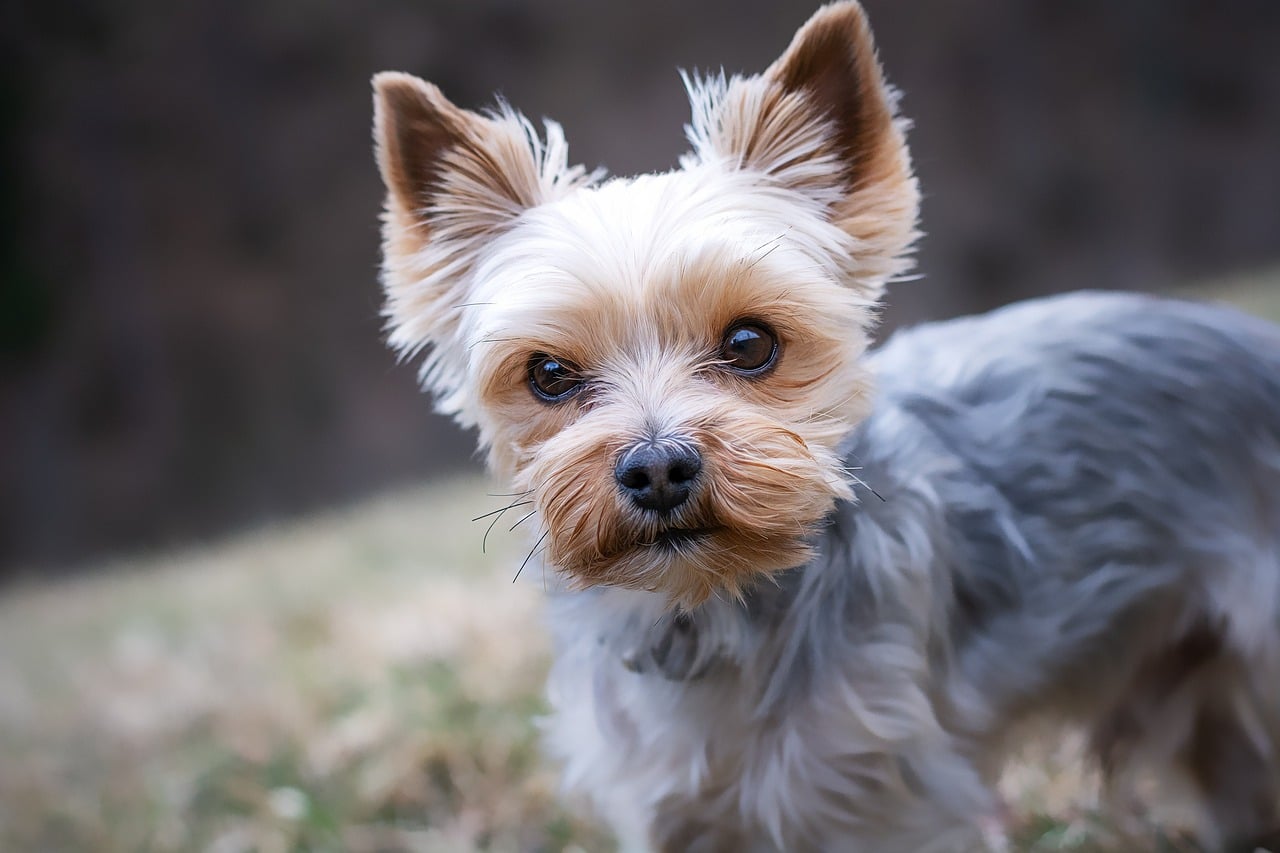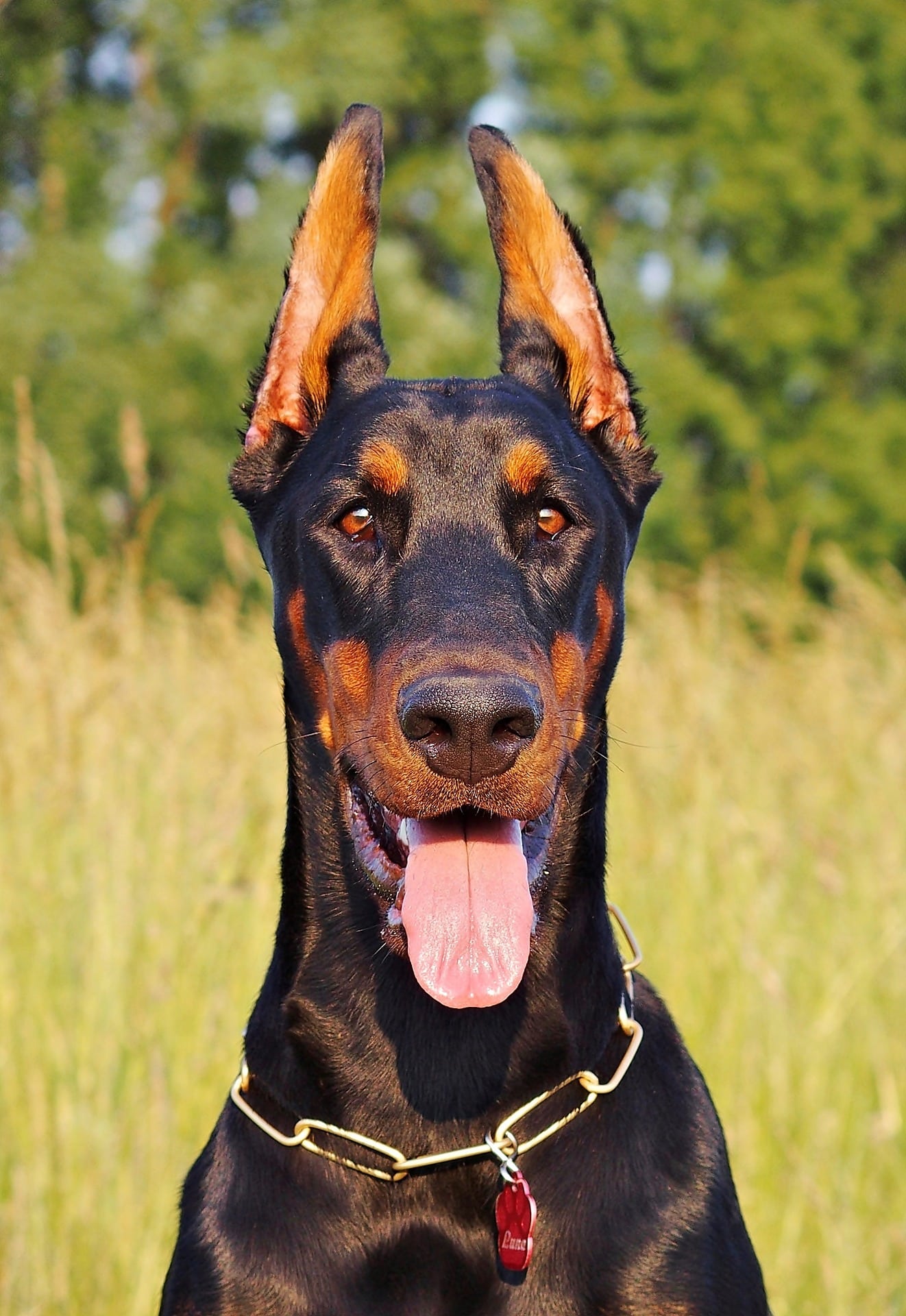Differences Between Watch Dogs and Guard Dogs
Before you buy a watchdog or guard dog to keep your apartment, house, business, or other property safe, you should know the difference between these types of dogs.
Even though it can be hard to tell the difference between watchdogs and guard dogs each of these types of dogs is used for a very different purpose. Before you decide what kind of dog to buy, you should do a lot of research and find out what the breed was originally meant to do. Ask the breeder questions and do your own research to help you decide what to do.
Below, we explain what each kind of dog is and what it does, as well as some of the most popular breeds.
Guard Dog vs. Watchdog
People seem to be confused about the difference between watchdogs and guard dogs these days. People often use these words interchangeably, as if they meant the same thing, but they don’t.
Is it fair to call a Yorkshire terrier a guard dog, no matter how aggressive he is when people come over? Are mastiff-like dogs considered watchdogs or guard dogs? What makes a dog a good or bad guardian? What traits belong to each group? This article explains the differences between these two terms.
Whether you want a dog that will bark every time someone comes near your house or one that will take the problem more seriously, you’ll need to do good research to find what you want.
Before you adopt a dog of a certain breed, you should find out what that breed was originally bred to do, talk to the breeder, and think about other traits.
Consider that even dogs of the same breed have their own personalities.
Are Watchdogs and Guard Dogs the Same Thing?
Who does a better job, a watchdog or a guard dog? The truth is that they both do, but each is good at something different. If you use these terms interchangeably, it’s almost like saying that a doorkeeper, a receptionist, and a security guard all do the same job.
But the doorkeeper’s only job is to screen visitors, give courtesy service, and accept packages. He is probably not armed. On the other hand, the security guard may have a more important job, be armed, and even be able to put people in jail. Let’s look at what makes a watchdog different from a guard dog.
Watch Dogs

Looking for a ferocious dog? A watchdog isn’t what you’re looking for. A watchdog has one primary function – to sound the alarm when anything unusual is detected.
Hypervigilant dogs don’t make good watchdogs as they’re better suited as guard dogs or attack dogs. A good watchdog is intelligent enough that it can determine whether a threat is usual or unusual, letting harmless things go while alerting people to real threats. Well-trained watchdogs do not attack.
The most important trait of a watchdog is the bark. An ability to bark loudly is crucial, and the size of the dog doesn’t matter. In fact, smaller dogs usually make the best watchdogs.
What Is a Watchdog?
These are dogs whose main function is to be vigilant and sound the alarm for anything perceived as unusual. A good watchdog should be discriminative over what is perceived as usual vs unusual. Hypervigilance is not a good trait in this case, as the dog may overreact to things that are not really relevant to the owner. Often, hypervigilant behavior is based on fear and may be seen in dogs who haven’t been socialized enough.
The main characteristic of a watchdog is the ability to bark loudly. In this case, size doesn’t really matter; indeed, some of the smaller breeds are often some of the best watchdogs. Many terriers, chihuahuas, larger poodles, dachshunds, and shi tzus are all excitable breeds that have the potential to make good watchdogs.
What Breeds Don’t Make Good Watchdogs?
Yes, there are many breeds that make poor watchdogs. These are dogs who are more likely to invite a burglar in for some popcorn and a movie. The Siberian husky, Alaskan malamute, and clownish pug come to mind.
Many of the hounds are also eager to meet and greet newcomers on your property because they have a strong pack drive. Generally, the Bloodhound, Newfoundland, and Saint Bernard also have a reputation for being eager to greet people, yet, the latter two may appear quite intimidating due to their size when they’re excited to jump and say hello!
Best watch dog breeds:
- Terriers
- Chihuahuas
- Poodles
- Dachshunds
- Shi tzus
Guard Dogs

A guard dog is expected to bark as an alert but is also capable of attacking or restraining. Guard dogs initially display intimidating behavior (scare) while holding their ground and only engage (bite) if the initial display is not enough of a deterrent. Well-trained guard dogs can take a wait-and-see approach and respond accordingly.
Guard dogs only bark and growl, potentially bringing in assistance or scaring away/deterring a threat. Unlike a watchdog, guard dogs require special training to help them discriminate between friend and foe.
The damage inflicted by a poorly-trained guard dog can be serious. These dogs aren’t suited for inexperienced owners.
What Is a Guard Dog?
These dogs bark loudly as well, but they’re also capable of attacking and restraining people or other animals. They may bark initially, and if the bark doesn’t work to send the intruder away, they may take action and move to plan B. A typical example is the junkyard dog who is left to patrol the area during the night and is capable of incapacitating intruders.
What Dog Breeds Make Good Guardians?
The Doberman, Rottweiler, German Shepherd, American Bulldog, Bouvier, Swiss Mountain dog, and Giant Schnauzer are all excellent guardians. Many of these dogs were bred as all-purpose, versatile dogs who fit well into the guardian role.
Some breeds, on the other hand, were originally bred for hunting, but their intimidating looks and instincts to protect property made them good guardian candidates. Examples include the Akita, the Weimaraner, and the Rhodesian Ridgeback.
Best guard dog breeds:
- Doberman
- Bulldog
- Bouvier
- Belgian Sheepdog
- Collie
- Swiss Mountain dog


